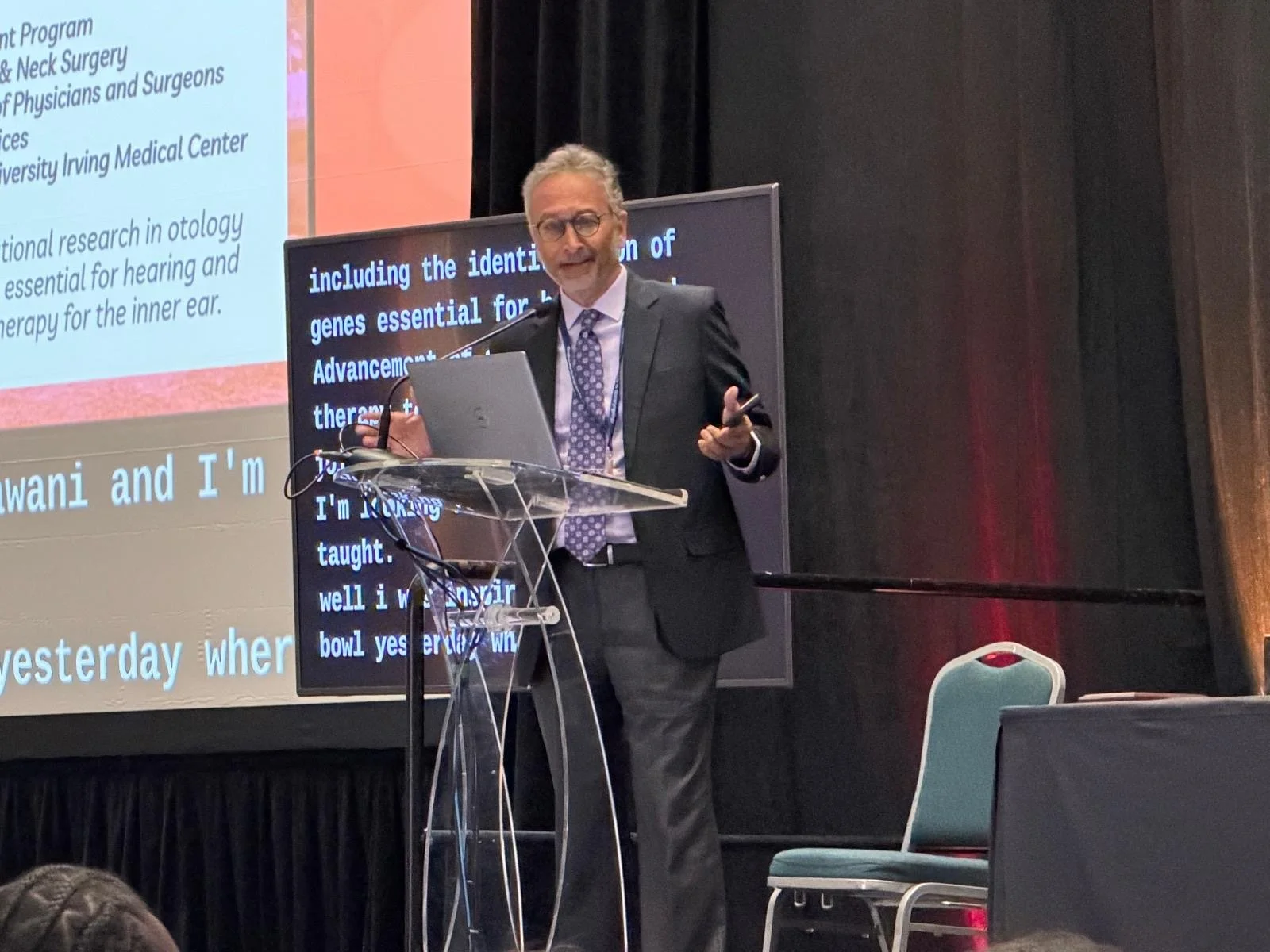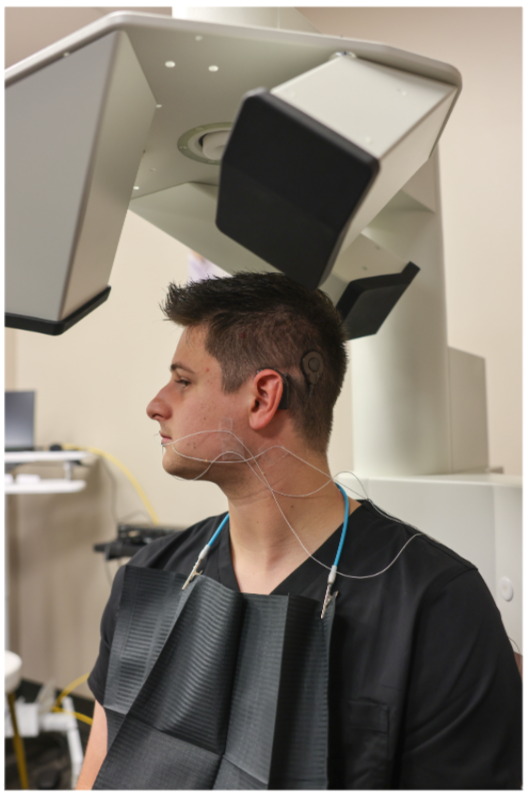By Christopher Geissler, Ph.D.
Applications for the 2024–2025 Emerging Research Grants (ERG) cycle open today, Monday, October 16.
Through the Emerging Research Grants (ERG) program, Hearing Health Foundation (HHF) provides seed money to researchers working across the entire spectrum of hearing research and balance research, including many underfunded areas of otology. The ERG program has since 1958 played a foundational role in the careers of many academic researchers and clinicians in otolaryngology and related hearing and balance fields.
As the program’s remit is so broad, please see the Call for Applications online for more details.
Applications Open
Monday, October 16, 2023
Application Deadline
Thursday, February 29, 2024 (23:59pm ET)
Funding
Up to $50,000 per year for each project for an initial period of one year, renewable for one additional year.
Program Date
October 1, 2024, to September 30, 2025
Funding Decision Notification
August 2024
Grant Payment Schedule
October 2024 and April 2025
The ERG program is a competitive process that awards grants to only the most promising investigators. Recipients are exceptionally well-positioned to win funding from the National Institutes of Health (NIH) and other major federal funders, leading to dramatic innovations in the field. In fact, ERG awardees (2002–present) have gone on to be awarded an average of $56 in federal research funding for every dollar of their ERG grant.
Early career researchers are especially encouraged to apply. Senior investigators are invited to apply for certain ERG grant opportunities—please see the Call for Applications for more details.
Christopher Geissler, Ph.D., is HHF’s director of program and research support. To get updates about ERG funding opportunities, including notifications about the upcoming grant cycle, subscribe at hhf.org/grants. To learn more about ERG, including past grant recipients and their projects, see hhf.org/erg.







Our new public service announcement “Let’s Listen Smart” recognizes that life is loud—and it’s also fun. And the last thing we want to do is stop having fun! We just need to listen responsibly.